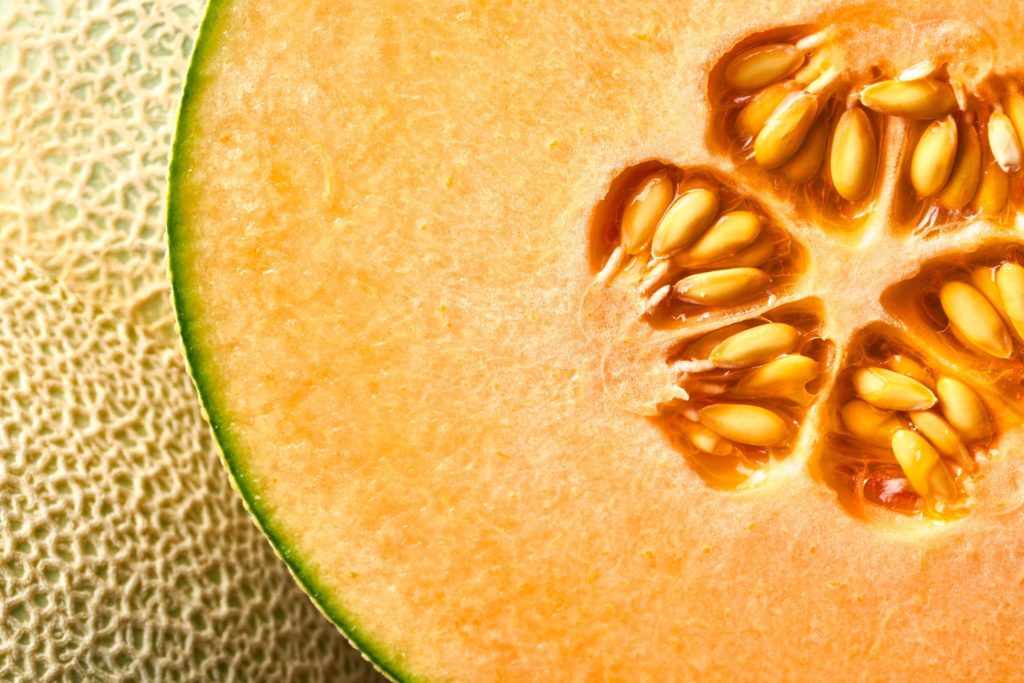Biodiversity, the biological variety and variability of life in a given area, increases the overall health and resiliency of a landscape by supplying oxygen, clean air and water, sequestering carbon from the atmosphere, supporting the pollination of plants and more. More than a quarter of our owned land—nearly 10,000 hectares—is designated as protected forests throughout our farms, benefiting biodiversity and the health of our soil and ecosystems.
Insect pollinators play a critical role in the success of agricultural crops and the survival of many plant species. That’s why we exercise tight controls over the use of insecticides on our farms, guided by Integrated Pest Management (IPM) principles described in our Responsible Farming Policy and our Pollinator Protection Approach. At a high proportion of our farms, we maintain buffer areas of natural vegetation that are not treated with pesticides around our crops, to provide food sources for wild pollinators.

In 2020, we set the goal to phase out all neonicotinoid and chlorpyrifos insecticides throughout our owned pineapple operations. All our owned pineapple production in Latin America and Kenya are now free of neonicotinoid, and our owned banana farms in Latin America are free of chlorpyrifos. We are aiming to fully reach our goal throughout our owned pineapple operations globally by the end of 2021, and in all our owned banana operations by June 2022. For other commodities, there are more challenges to overcome in the replacement of neonicotinoids—while we continue to search for alternatives, we limit the number of applications of insecticides that may affect bees and apply only at night or after flowering has passed.